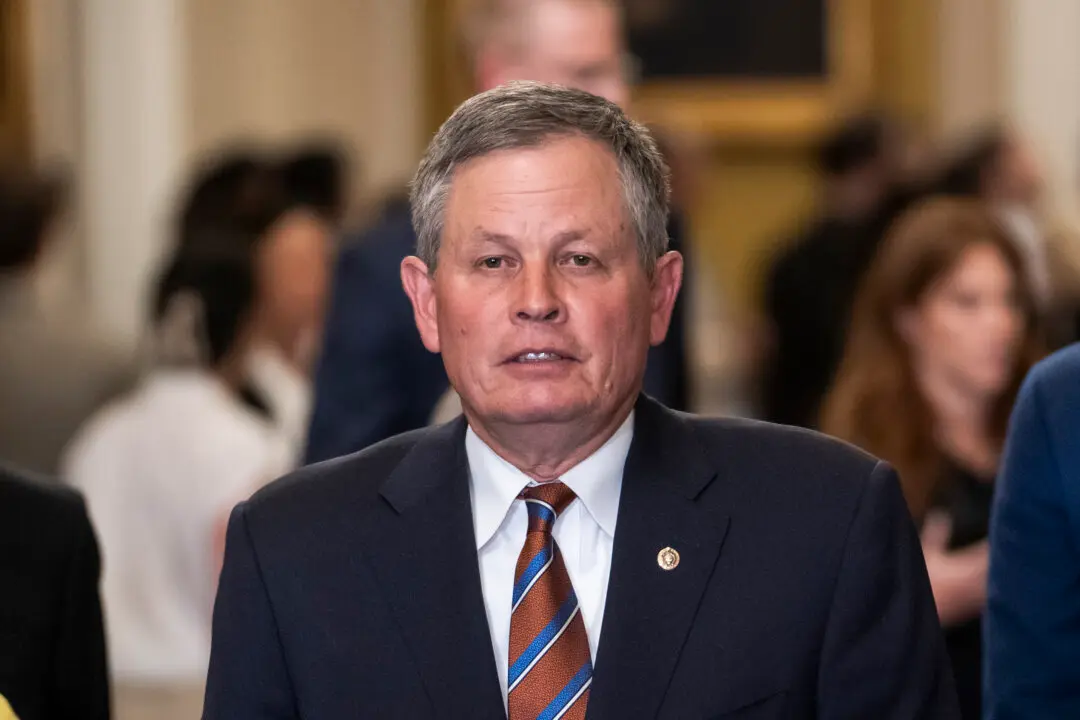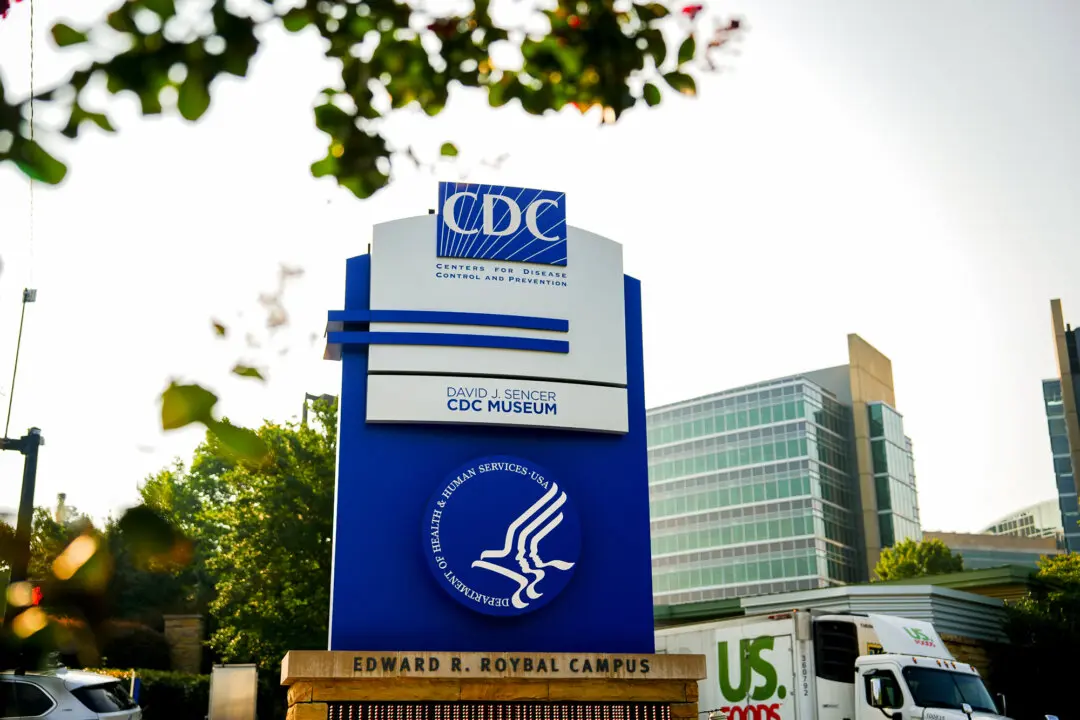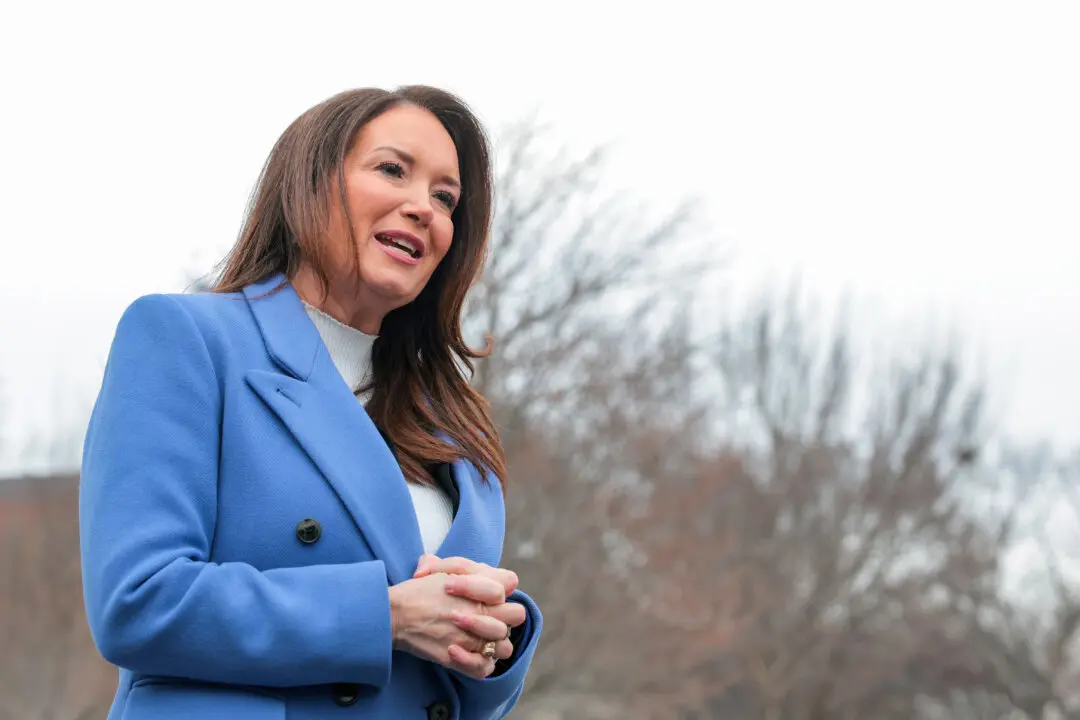President Donald Trump said that his brother Fred Trump’s experience with alcoholism has helped drive him to fight the opioid crisis and reflect on how he had “put pressure” on his brother, expressing regret for doing so.
Trump recalled arriving home in the 1960s and finding Fred Jr. reading books about aviation because he wanted to be a pilot.





